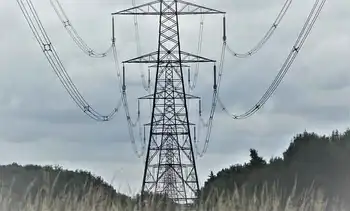Turbine trouble for Openhydro
BAY OF FUNDY, NOVA SCOTIA - Irish Green energy company OpenhydroÂ’s efforts to develop a system to generate electricity from tidal power met a setback recently when a prototype of its turbine was damaged during tests.
The company has been testing its turbine in the Bay of Fundy, Nova Scotia, Canada, in partnership with local operator Nova Scotia Power, part of Canadian utility Emera.
It discovered recently a number of the turbineÂ’s blades were missing. As a result, it has decided to remove it from the test bed next autumn, a year ahead of schedule, and to carry out an analysis.
The company’s backers include Philip Lynch’s investment vehicle, One51. Openhydro is in the process of raising €15 million, and has already raised €52 million from its investors.
The company is playing down the impact of the damage on its plans, and says the removal of the prototype it is an opportunity to learn more about its system.
“Following recovery, a detailed engineering analysis of the unit will provide valuable technical information about any damage, either related to the site conditions or the turbine itself,” Openhydro said.
OpenhydroÂ’s system operates in a similar fashion to hydroelectric electricity generators. Tidal currents drive a turbine that uses the energy to generate electricity.
Marine and tidal power are seen in the energy industry as the next big thing. InvestorsÂ’ enthusiasm for these systems, combined with market supports for green energy in most developed economies, means that anyone who makes a breakthrough in this field is looking at potentially lucrative returns.
Openhydro is focused on tidal power, which requires sites with strong tidal currents. There are only a limited number of suitable locations in the world.
Related News

No deal Brexit could trigger electricity shock for Northern Ireland
LONDON - Such a scenario could see thousands of electricity generators being requisitioned at short notice and positioned on barges in the Irish Sea to help keep the region going, a Whitehall document quoted by the Financial Times states.
An emergency operation could see equipment being brought back from places like Afghanistan, where the UK still has a military presence, the newspaper said.
The extreme situation could arise because Northern Ireland shares a single energy market with the Irish Republic.
The region relies on energy imports from the Republic because it does not have enough generating capacity itself, and the UK is aiming…




